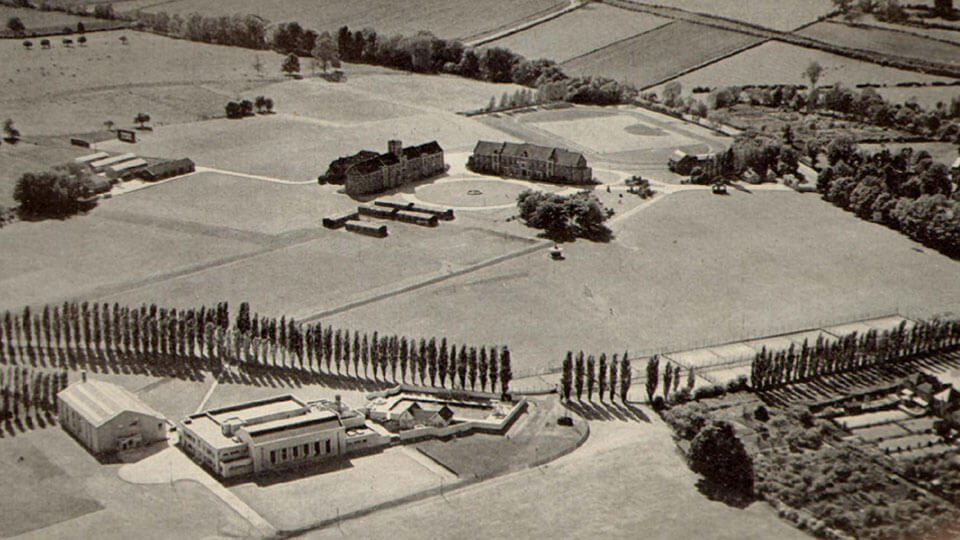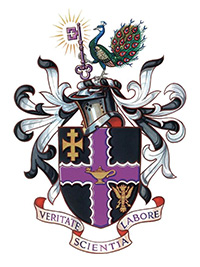Our history

Loughborough University is proud of its long history as an institution of further and higher education. Thanks to the vision of its founding father, Dr Herbert Schofield, it has been able to grow and develop into one of the country’s top universities.

Throughout its history Loughborough University has built upon its distinctive characteristics. Today it is one of the country’s leading universities, with a reputation for excellence in teaching and research, strong links with business and industry and unrivalled sporting achievement.
That Loughborough now boasts an internationally known and respected university is largely due to the entrepreneurial vision and determination of Dr Herbert Schofield, Principal of Loughborough College for 35 years.
In 1909 a small Technical Institute in the centre of Loughborough was established, which provided local facilities for further education and offered courses in technical subjects, science and art. Land was also acquired on the Burleigh Estate, enabling the early development of the University as it stands today.
In April 1966 Loughborough was awarded its Charter, in recognition of the excellence achieved by Loughborough College of Advanced Technology and its predecessor colleges. Then called Loughborough University of Technology, it was the country’s first technological university. It was renamed Loughborough University in 1996.
Other developments have included the reunification in 1977 with Loughborough College of Education and with Loughborough College of Art and Design in 1998. Land acquisitions in 2003, 2006 and 2010 have contributed towards turning the site into the glorious 523-acre asset it is today.
In 2015 Loughborough opened a second campus on Queen Elizabeth Olympic Park in London. Loughborough University London has diversified and expanded the high quality education offered to both postgraduate students and those looking to advance their professional development.